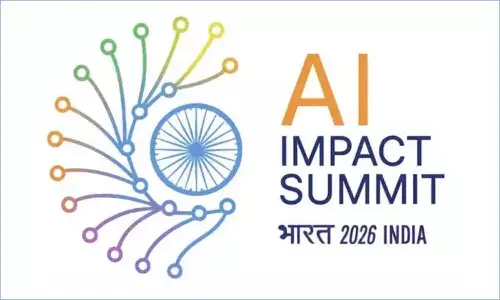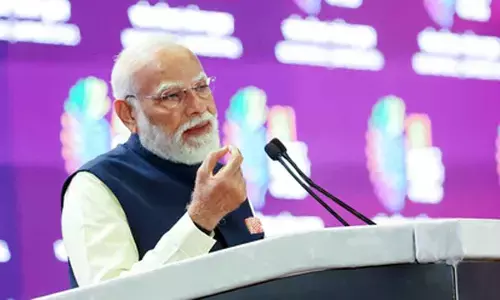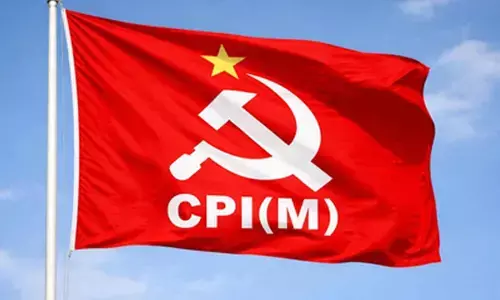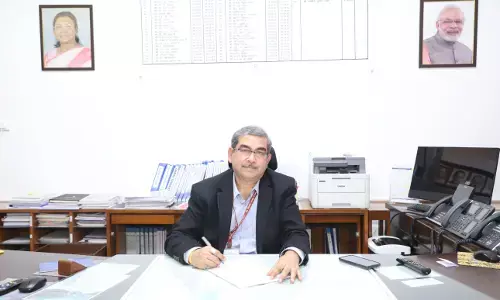Indonesia has viable path to reach net zero by 2060: IEA
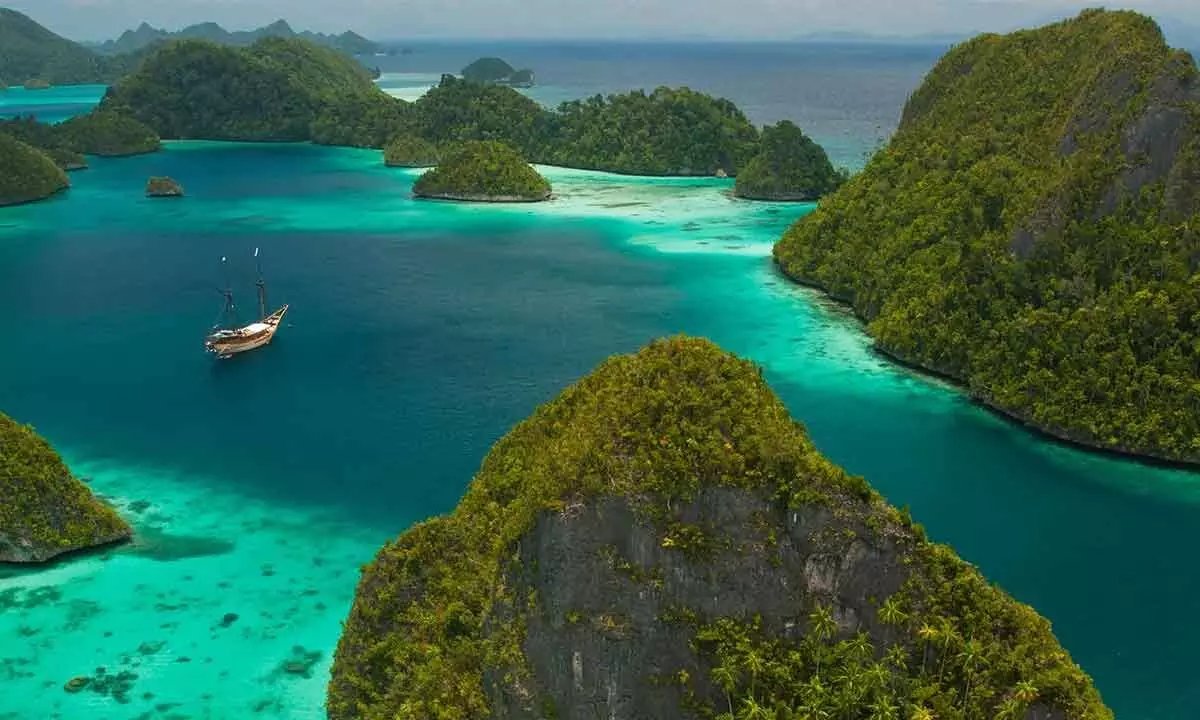
Indonesia has a viable path to reaching its target of net-zero emissions by 2060, bringing major benefits to its citizens in the process such as more secure and affordable energy supplies, a new International Energy Agency (IEA) report said on Friday.
Indonesia has a viable path to reaching its target of net-zero emissions by 2060, bringing major benefits to its citizens in the process such as more secure and affordable energy supplies, a new International Energy Agency (IEA) report said on Friday.
But key policy reforms and international support will be crucial to the success of the clean energy transition in the world's fourth most populous country as it enters a new phase of its economic development.
Net zero means cutting greenhouse gas emissions to as close to zero as possible, with any remaining emissions re-absorbed from the atmosphere, by oceans and forests for instance.
The IEA's Energy Sector Roadmap to Net Zero Emissions in Indonesia -- a collaborative project undertaken with the Indonesian Ministry of Energy and Mineral Resources (MEMR) at the request of the government of Indonesia -- was launched on Friday at the G20 Energy Transitions Ministerial Meeting in Bali under the country's first G20 Presidency.
IEA Executive Director Fatih Birol and Indonesia's Minister of Energy and Mineral Resources Arifin Tasrif also signed a Joint High-Level Statement that sets out a shared vision of Indonesia's path to net zero, drawing on the Roadmap's findings.
Indonesia's economic development over the past half century has been a remarkable success story, lifting millions of people out of poverty and bringing electricity to almost all citizens across the country's 17,000 islands.
Access to affordable supplies of energy from the country's abundant resources as well as revenues from fossil fuel exports have been important drivers of this success.
Today, the clean energy transition offers huge opportunities for the next chapter of Indonesia's development as it seeks to become an advanced economy by 2045.
According to the IEA Roadmap, many of the ingredients for reaching net-zero emissions and advanced economy status are the same: innovation, knowledge, technology, and economic diversification.
For instance, Indonesia's export revenues from critical minerals, which are needed for many clean energy technologies, are set to be greater in 2030 than its largest ever export revenues from coal.
And even bigger opportunities exist if Indonesia can capture more of the clean energy value chain. At the same time, the clean-energy transition and economic diversification will have significant impacts on Indonesia's coal-producing regions, demanding attention from policy makers to ensure a fair and people-centred transition.
The IEA Roadmap shows that by reaching net zero by 2060, Indonesia would reduce total household energy bills as a share of income from today's level. For the country's economy as a whole, the pathway to net zero by 2060 would lower oil import bills by one-third in 2030 compared with a business-as-usual scenario.
This saving on oil imports would by itself cover the extra cost the transition would require in terms of new investments -- meaning that the transition would effectively pay for itself.
An even more ambitious transition by Indonesia and other countries around the world, as envisaged in the IEA's global Net Zero Emissions by 2050 Scenario, would yield even greater savings, the analysis shows.
Indonesia has the opportunity to show the world that even for a country that relies heavily on fossil fuel exports, a pathway to net-zero emissions is not only feasible but also beneficial, said IEA Executive Director Birol.
"We must be clear-eyed about the challenges, especially in areas that depend on the coal industry, but the economic opportunities more than compensate for the costs."
"This Roadmap, which reflects the IEA's status as the global authority and was conducted hand-in-hand with my ministry, sets out a clear and achievable path forward, based on energy efficiency, renewables and electrification,a said Indonesia's Minister of Energy and Mineral Resources Arifin Tasrif.
"This demonstrates that a transition to net zero in Indonesia can be just, affordable and rich with opportunities."
Indonesia has viable path to reach net zero by 2060: IEA.(photo:@IEA)
For clarifications/queries, please contact IANS NEWS DESK at:



